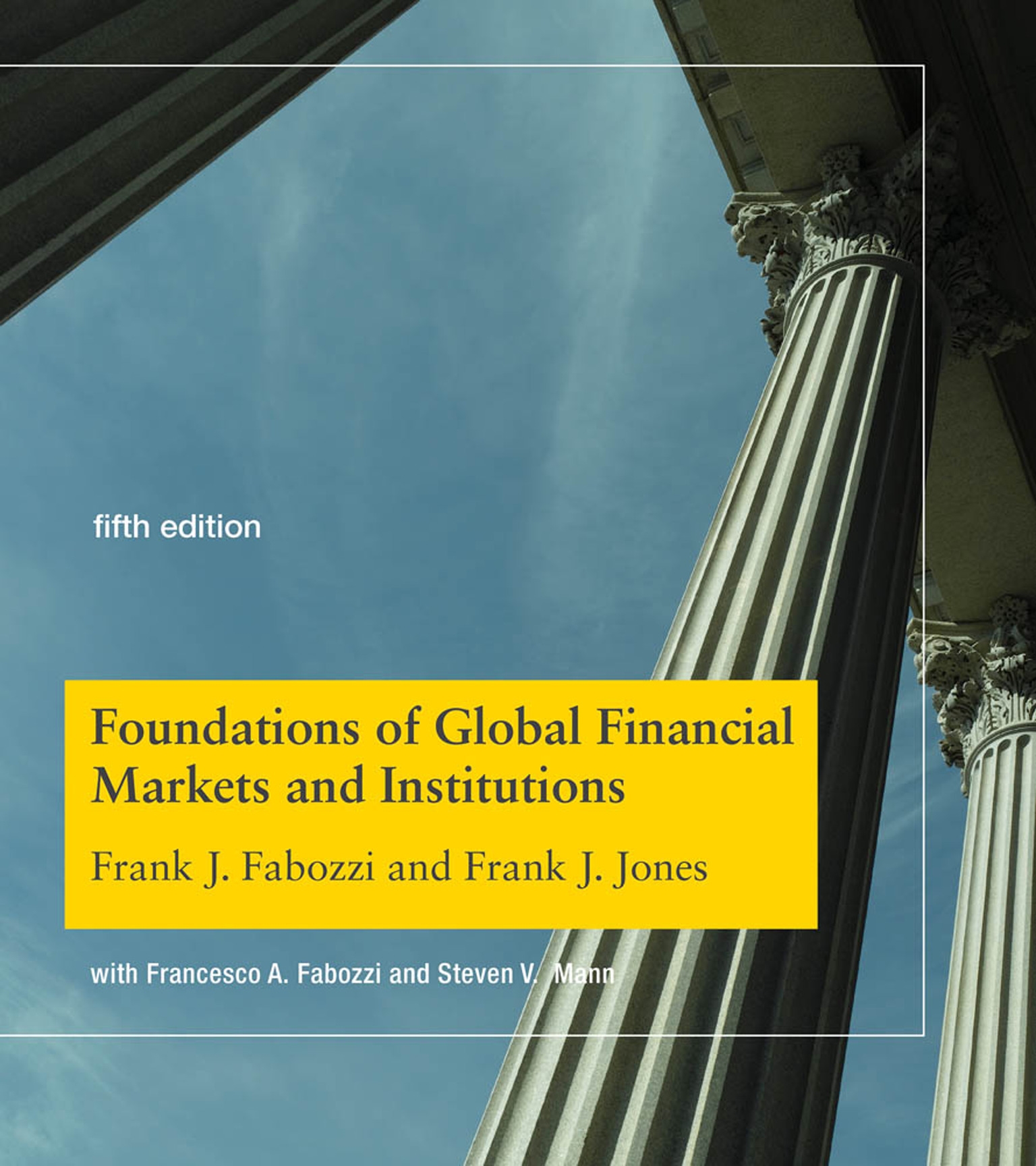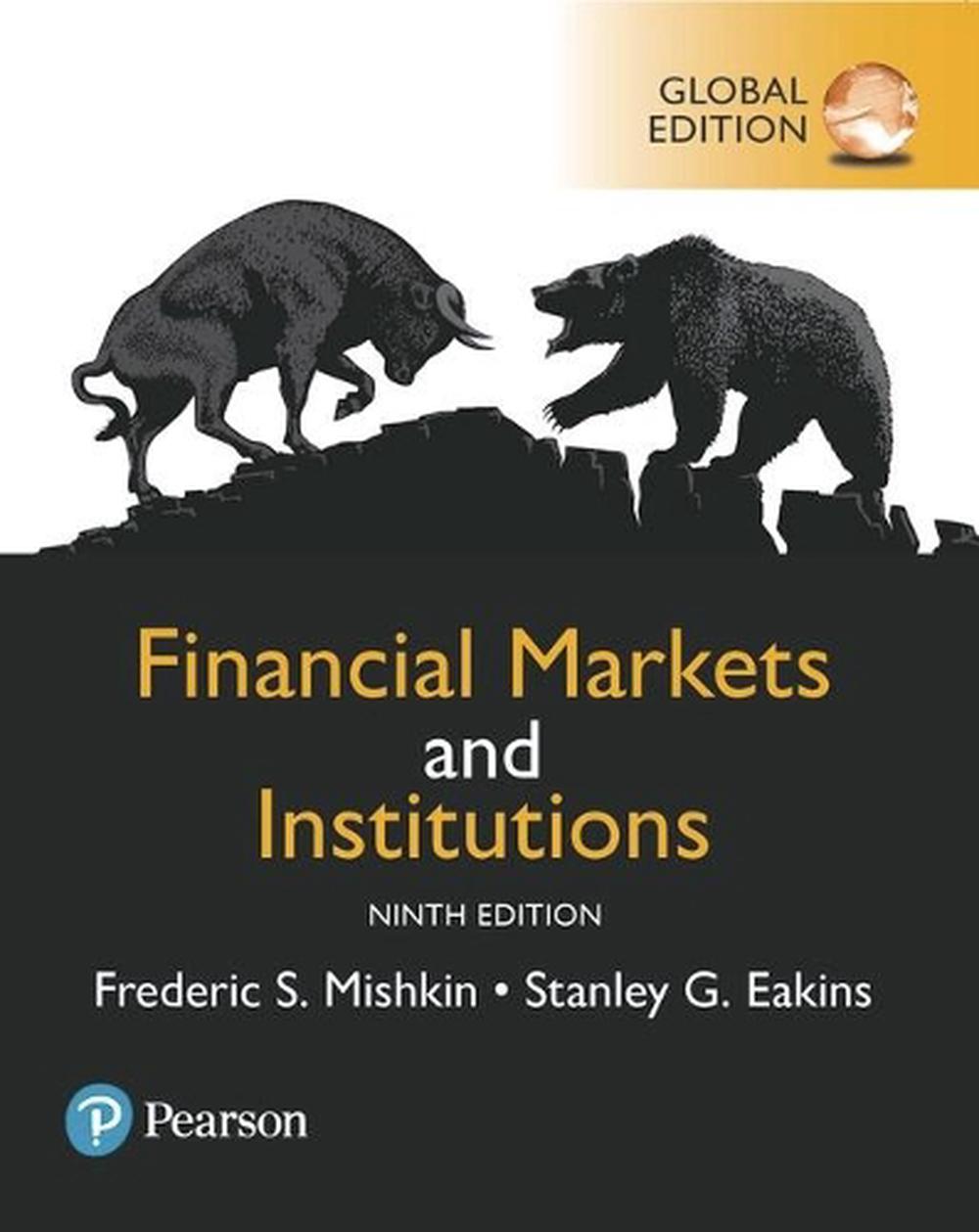Unlocking the Secrets of Financial Markets
Understanding financial markets is crucial for individuals and organizations seeking to navigate the complex world of investments, trading, and economic trends. One of the most effective ways to gain valuable insights and knowledge is by reading the best books on financial markets. These books provide readers with a deeper understanding of the financial landscape, enabling them to make informed investment decisions, stay ahead of market trends, and gain a competitive edge. By reading the best books on financial markets, individuals can develop a robust understanding of financial concepts, analyze market data, and identify opportunities for growth. Moreover, these books offer a unique perspective on the financial industry, allowing readers to develop a more nuanced understanding of the complex relationships between economic indicators, market trends, and investment strategies. Whether you’re a seasoned investor or just starting to explore the world of finance, reading the best books on financial markets is an essential step in achieving your financial goals.
How to Choose the Right Financial Market Books for Your Needs
Selecting the right books on financial markets can be a daunting task, especially with the vast array of options available. However, by considering a few key factors, readers can ensure they’re getting the most out of their reading experience. When choosing the best books on financial markets, it’s essential to consider the author’s expertise and credentials in the field. Look for authors who have a proven track record of success in financial markets, such as experienced investors, financial analysts, or economists. Additionally, read book reviews from reputable sources to get a sense of the book’s content, tone, and overall value. It’s also crucial to consider the relevance of the book to current market trends and conditions. A book that focuses on outdated concepts or strategies may not provide the same level of value as one that addresses contemporary issues and challenges. By taking the time to carefully select the right books, readers can gain a deeper understanding of financial markets and make more informed investment decisions.
The Classics: Timeless Financial Market Books
When it comes to understanding financial markets, there’s no substitute for experience and wisdom. Classic books on financial markets offer readers a unique perspective on the industry, drawing on the authors’ extensive knowledge and expertise. Two of the most iconic classic books on financial markets are “A Random Walk Down Wall Street” by Burton G. Malkiel and “The Intelligent Investor” by Benjamin Graham. These books have stood the test of time, remaining relevant and influential in today’s markets. “A Random Walk Down Wall Street” provides an in-depth analysis of the stock market, offering readers a comprehensive understanding of the underlying principles and mechanisms that drive market trends. Meanwhile, “The Intelligent Investor” is a seminal work on value investing, providing readers with a framework for making informed investment decisions. These classic books are a testament to the power of knowledge and experience, offering readers a wealth of insights and strategies that remain essential reading for anyone seeking to navigate the complex world of financial markets. By reading the best books on financial markets, including these timeless classics, readers can gain a deeper understanding of the industry and make more informed investment decisions.
Modern Insights: Recent Bestsellers on Financial Markets
In recent years, several bestsellers have shed new light on the world of financial markets, offering readers a fresh perspective on the industry. Two notable examples are “The Big Short” by Michael Lewis and “Flash Boys” by Michael Lewis. These books have had a significant impact on the financial industry, sparking important conversations about market practices and regulations. “The Big Short” tells the story of the 2008 financial crisis, highlighting the role of subprime mortgages and the bravery of a few individuals who predicted the crisis. Meanwhile, “Flash Boys” exposes the world of high-frequency trading, revealing the ways in which certain traders have exploited the system for their own gain. By reading these best books on financial markets, readers can gain a deeper understanding of the complexities and challenges of the industry, as well as the importance of ethical practices and responsible investing. These modern insights offer a unique perspective on the world of financial markets, providing readers with a more nuanced understanding of the industry and its many intricacies.
Expert Perspectives: Books from Renowned Financial Market Experts
When it comes to understanding financial markets, there’s no substitute for expertise and experience. Books written by well-known financial market experts offer readers a unique perspective on the industry, drawing on the authors’ extensive knowledge and insights. Two notable examples are “The Little Book of Common Sense Investing” by John C. Bogle and “Antifragile” by Nassim Nicholas Taleb. These books provide readers with a deeper understanding of the financial markets, as well as practical advice on how to navigate them successfully. “The Little Book of Common Sense Investing” is a seminal work on index fund investing, offering readers a straightforward and accessible guide to building a successful investment portfolio. Meanwhile, “Antifragile” presents a new approach to risk management, encouraging readers to embrace uncertainty and volatility in order to achieve long-term success. By reading these best books on financial markets, readers can gain a more nuanced understanding of the industry, as well as valuable insights from some of the most respected experts in the field. These expert perspectives offer a unique window into the world of financial markets, providing readers with a more informed and effective approach to investing and wealth management.
Specialized Knowledge: Books on Specific Financial Market Topics
While general knowledge of financial markets is essential, delving deeper into specific areas can provide readers with a more nuanced understanding of the industry. Books that focus on technical analysis, options trading, or cryptocurrency, for example, offer readers a detailed exploration of these topics. “Technical Analysis of the Financial Markets” by John J. Murphy is a seminal work on technical analysis, providing readers with a comprehensive guide to chart patterns, trends, and indicators. Meanwhile, “Options Trading Essentials” by Ginger Szala offers a practical guide to options trading, covering topics such as volatility, risk management, and strategy development. For those interested in cryptocurrency, “Mastering Bitcoin” by Andreas M. Antonopoulos provides a detailed exploration of the world of cryptocurrency, covering topics such as blockchain technology, mining, and wallet security. By reading these best books on financial markets, readers can gain a deeper understanding of specific areas of the industry, allowing them to make more informed investment decisions and stay ahead of the curve. These specialized books offer a unique perspective on the world of financial markets, providing readers with the knowledge and skills needed to succeed in today’s fast-paced and ever-changing industry.
Practical Applications: How to Apply Financial Market Knowledge
Reading the best books on financial markets is just the first step in achieving financial success. The next step is to apply the knowledge gained from these books in a practical and effective manner. This involves creating a personalized investment strategy, managing risk, and staying up-to-date with market developments. By doing so, readers can make informed investment decisions, minimize losses, and maximize returns. For example, readers can use the principles outlined in “A Random Walk Down Wall Street” to develop a long-term investment strategy, or apply the insights from “The Intelligent Investor” to create a diversified portfolio. Additionally, readers can use the knowledge gained from books on technical analysis or options trading to make more informed investment decisions. By applying the knowledge gained from these books, readers can gain a competitive edge in the world of finance and achieve their long-term financial goals. Furthermore, staying up-to-date with market developments and adapting to changing market conditions is crucial in today’s fast-paced and ever-changing financial landscape. By continuously learning and applying new knowledge, readers can stay ahead of the curve and achieve financial success.
Staying Ahead of the Curve: The Importance of Continuous Learning
In the fast-paced and ever-changing world of finance, staying ahead of the curve requires continuous learning and adaptation. Reading the best books on financial markets is just the starting point, as market conditions and trends are constantly evolving. To remain competitive, it is essential to stay informed about the latest developments, explore new ideas and perspectives, and adapt to changing market conditions. This involves regularly reading financial news, attending seminars and workshops, and engaging with financial experts and professionals. By doing so, readers can refine their investment strategies, identify new opportunities, and minimize risks. Furthermore, continuous learning enables readers to stay up-to-date with the latest research and insights, allowing them to make more informed investment decisions and stay ahead of the curve. In the world of finance, knowledge is power, and continuous learning is the key to unlocking long-term financial success. By embracing a culture of continuous learning, readers can ensure that they remain at the forefront of the financial industry, equipped with the knowledge and skills needed to thrive in an ever-changing market.






